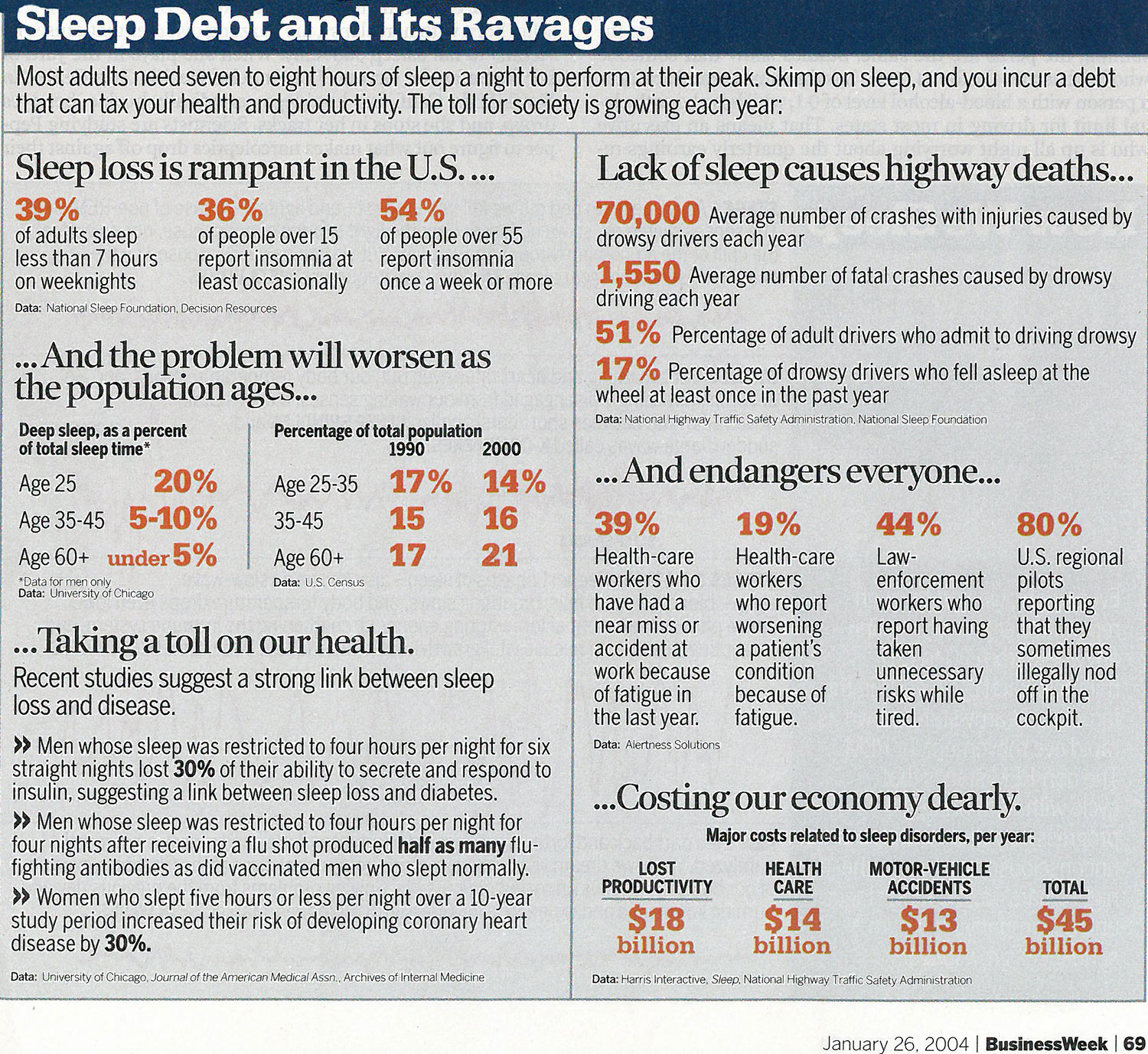Carpal Tunnel Symptoms
Do you lie awake at night unless your arm hangs off the bed?
Nighttime pain or numbness in your hands prevents sleep. The dominant hand is slightly more likely to be involved than the non-dominant hand, but in about 7 out of 10 patients both hands will ultimately become symptomatic. This problem is seen most often in people over the age of 30. It has been reported in children as young as 2 years of age. The youngest person treated for carpal tunnel syndrome at Nebraska Hand & Shoulder Institute was 4 years old. Dr. Ichtertz treats a few teenagers every year. Symptoms are typically different for the younger patients.
Why does your hand fall asleep?
Numbness and tingling in the thumb, index, and long fingers and half of the ring finger, occurs with or without clumsiness and dropping things. The separation of the ring finger sensibility into median and ulnar sides is only noticed by the most alert and sensitive people.
Often a person will think that the whole hand is "going to sleep" when it is only part of the hand. In the case where it is, in fact, the whole hand or the majority of it, it means that at least two of the three nerves innervating the hand are involved: the median and ulnar nerves. The third nerve (superficial radial) is rarely abnormal.
Have you noticed swelling in your hand, especially in the mornings?
In many patients, a feeling of swelling in the hand, particularly in the mornings, is noted. Loss of dexterity with declining penmanship (poor writing quality or lack of stamina while writing) and difficulty with handling small objects, such as a needle or button, is quite common.
Carpal Tunnel Symptoms in Men vs. Women
Women specifically tend to complain of difficulty with personal grooming and may burn themselves with loss of control of a curling iron. Difficulty pulling up one's nylons, fastening a bra, or clasping earrings is also noted. It is not uncommon for women to seek care shortly before having a grandchild for fear of dropping the infant.
Men are more likely to complain of having tools slide out of their hands.
An unusual symptom is that of soreness akin to a sunburn-type of feeling and some people actually feel a burning sensation. These more unusual symptoms not only confuse the patient but sometimes confuse their doctor as well.
Do your hand's pinch or grip feel weak?
Weakness is perceived to be present by many people with carpal tunnel syndrome. Weakness measured with a dynamometer in the office will only rarely occur due to carpal tunnel syndrome. The median nerve at the level of the carpal tunnel at the wrist does not innervate much muscle. Therefore, it is rare for it to have any effect on grip or pinch. The median nerve is mostly a sensory nerve. A measurable weakness of pinch and grip is usually a sign of ulnar nerve dysfunction that frequently accompanies median nerve dysfunction. This is part of the reason why nerve conduction study and quantitative sensory examination are important and necessary in the evaluation and treatment of patients presenting with an unusual complaint.

Associated Conditions
Arthritis is strongly associated with Carpal Tunnel.
The diagnosis of carpal tunnel syndrome is also strongly associated with arthritis at the base of the thumb, i.e. median nerve entrapment is identified in over half of the people who are treated for arthritis at the base of the thumb.
Trigger Finger and Carpal Tunnel
A person who comes in with trigger finger or trigger thumb often times has or has had carpal tunnel syndrome.
Cubital Tunnel Syndrome often occurs with Carpal Tunnel.
Cubital tunnel syndrome or symptoms from a compressed nerve at the elbow almost always occurs in a person who has or has had carpal tunnel syndrome. Cubital tunnel syndrome rarely occurs by itself. Yet, cubital tunnel is almost exclusively identified in people who sleep with their elbow bent, pinching the ulnar nerve.
de Quervain's Tendinosis and Carpal Tunnel Syndrome
Additionally, women who suffer from de Quervain's tendinosis also frequently suffer from carpal tunnel syndrome.
Isolated Shoulder and Neck Pain
In very unusual cases, individuals have come in with isolated shoulder and neck pain without symptoms in their hand and ultimately it is proved that the entrapment of the median nerve at the wrist is the cause of the pain in the neck or shoulder. This is atypical carpal tunnel syndrome.
Differential Diagnoses
Differential diagnoses is the means of separating out the different problems that could cause the same or similar symptoms.
The median nerve is almost never entrapped in the forearm, just in the wrist. Pronator syndrome and anterior interosseous nerve syndrome are the rare exceptions where the median nerve can be entrapped in the forearm.
Ruling out Arthritis
If the person's sole complaint is "wrist pain" then we need to rule out (by physical examination and/or x-ray) arthritis or instability of the wrist bone from a trauma in the past, de Quervain's tendinitis if the pain is more on the thumb side of the wrist, extensor carpi ulnaris tendinitis if the wrist pain is on top and small finger side of the wrist.
If the person has pain mostly just in the thumb as their main complaint or one of their complaints, we need to exclude arthritis at the base of the thumb, i.e. trapeziometacarpal arthritis.
Pain in Carpal Tunnel vs. Arthritis
Typically, in a person with carpal tunnel syndrome if pain is in the thumb it will be in the fleshy part (the abductor pollicus brevis muscle), whereas people with arthritis at the base of the thumb will have pain just beneath the skin at the base of the thumb at the wrist crease.
People with arthritis at the base of the thumb have a problem with nerve entrapment at the carpal tunnel over half of the time.



